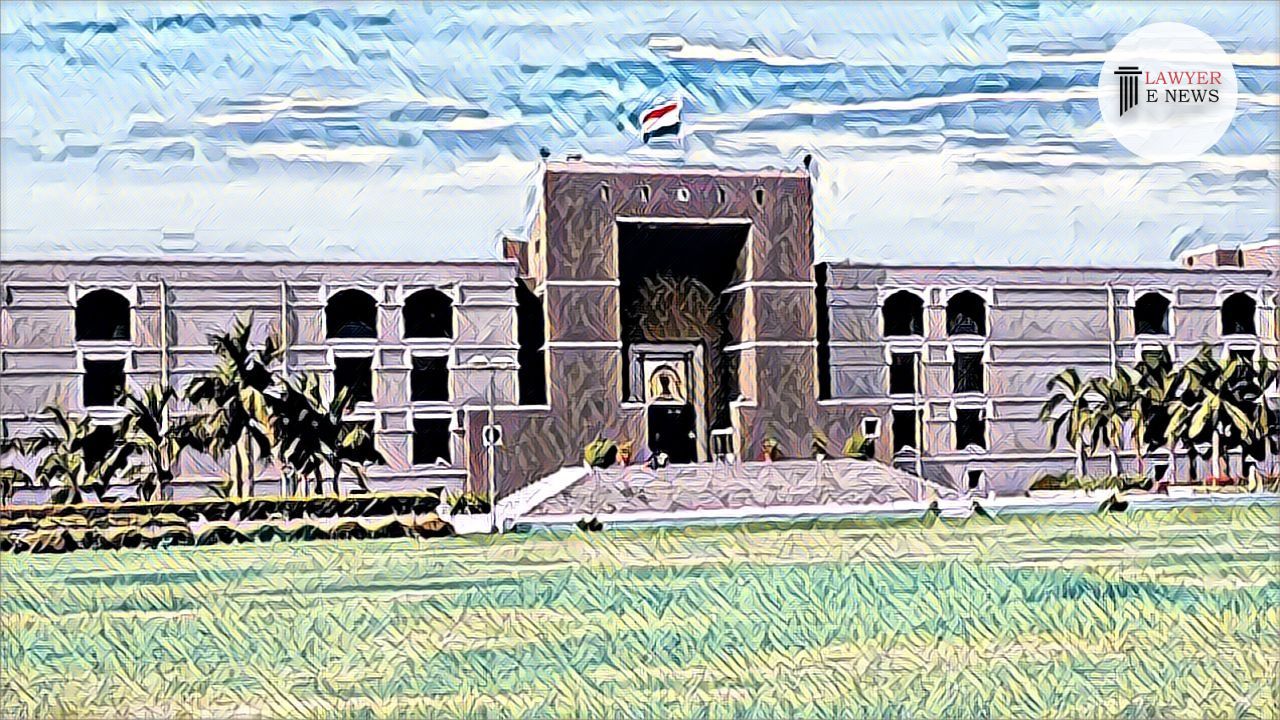-
by Admin
15 February 2026 5:35 AM



High Court upholds trial court’s decision, emphasizing the necessity of proving knowledge and intent in counterfeit currency offenses.
The Gujarat High Court has upheld the acquittal of Himatlal Bhailal Rajgor and others in a case involving the possession and trafficking of counterfeit currency notes, as well as impersonation of police officers. The bench, comprising Justices Nirzar S. Desai and Hasmukh D. Suthar, emphasized the prosecution’s failure to prove mens rea (criminal intent) and conscious possession of the counterfeit notes, which are critical elements for conviction under the relevant sections of the Indian Penal Code (IPC).
On June 8, 1992, intelligence received by PSI R.G. Rathod of Kutch-Bhuj led to raids on the residences of the accused, resulting in the recovery of counterfeit US dollars. The accused were charged under Sections 489(A), 489(B), 489(C), 489(D), 34, 171 read with Section 114 of the IPC for possessing and trafficking counterfeit currency and impersonating police officers. The trial court acquitted the accused in 1998, a decision now upheld by the High Court.
Credibility of Evidence: The High Court scrutinized the evidence presented by the prosecution, noting significant shortcomings. “The prosecution failed to prove that the accused had knowledge or reason to believe that the currency notes were counterfeit,” the court remarked. The defense argued that the investigation lacked impartiality, with critical witnesses turning hostile and the evidence being insufficient to establish the charges beyond a reasonable doubt.
Mens Rea and Conscious Possession: The bench reiterated the necessity of proving mens rea in offenses involving counterfeit currency. “Mere possession of counterfeit currency is not sufficient for conviction under Sections 489(B) and 489(C) IPC without proving mens rea,” the court stated. The prosecution could not establish that the accused knowingly possessed or trafficked counterfeit notes. Justice Hasmukh D. Suthar emphasized, “The prosecution must establish beyond a reasonable doubt that the accused had knowledge or reason to believe that the notes were counterfeit.”
Impersonation of Police Officers: Addressing the charges of impersonation under Section 171 IPC, the court found no evidence to substantiate the claim. “Merely finding khaki dresses was insufficient to prove the offense of impersonation,” the judgment noted, highlighting the lack of any concrete evidence that the accused pretended to be police officers.
The court’s judgment underscored the principles of evaluating evidence in criminal cases. Referring to established precedents, the bench highlighted that the presumption of innocence must be maintained unless the prosecution can prove guilt beyond a reasonable doubt. The court cited several cases, including Sheo Swarup v. King Emperor and Dipakbhai Jagdishchandra Patel v. State of Gujarat, emphasizing the importance of a thorough and impartial investigation.
Justice Hasmukh D. Suthar remarked, “In the absence of any evidence proving the mens rea and conscious possession of counterfeit currency, the prosecution’s case falls short. The presumption of innocence stands strong, and the benefit of doubt must go to the accused.”
The Gujarat High Court’s decision to uphold the acquittal in this counterfeit currency case highlights the judiciary’s adherence to the principles of criminal justice, particularly the necessity of proving mens rea and conscious possession. This judgment reinforces the legal standards required for conviction in cases involving counterfeit currency and impersonation. By affirming the trial court’s decision, the High Court sends a clear message about the rigorous proof needed to establish guilt in such serious offenses.
Date of Decision: 21st May 2024
State of Gujarat v. Himatlal Bhailal Rajgor & Ors.
